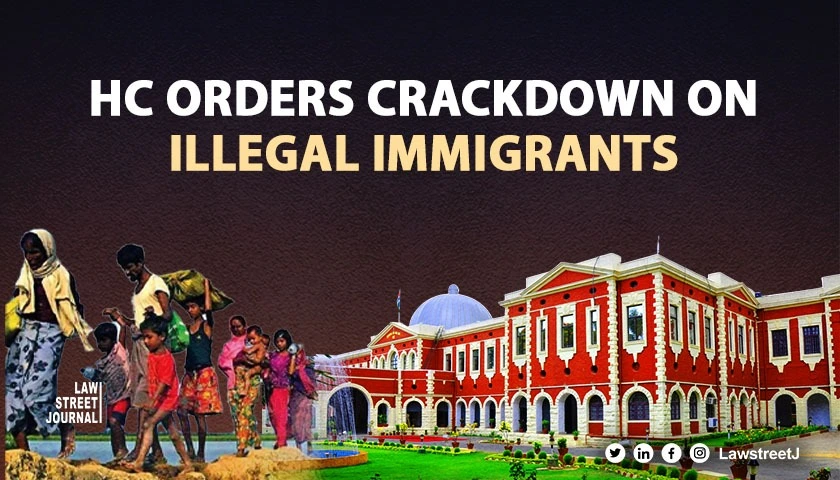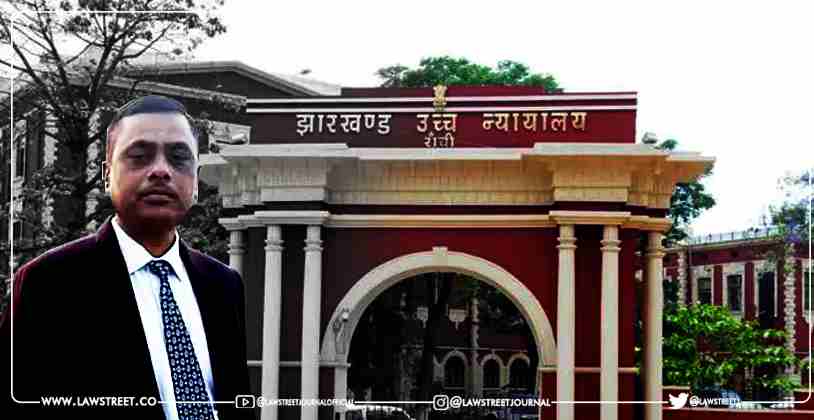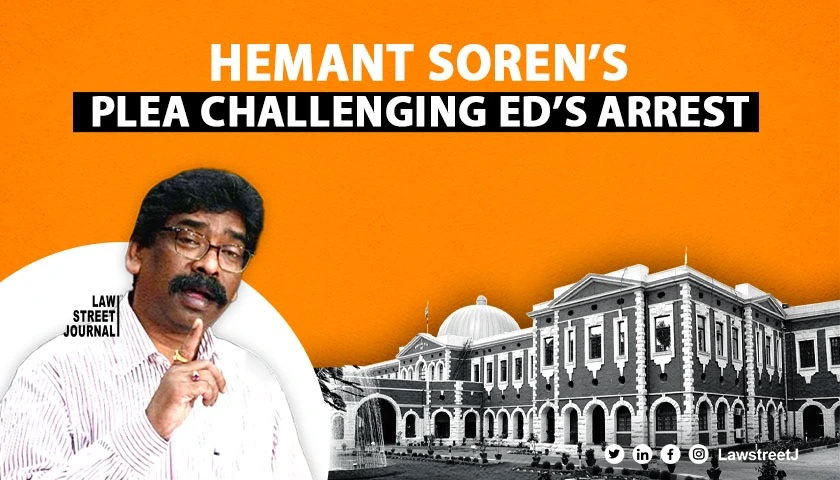Jharkhand: The Jharkhand High Court has issued a significant order directing the state government to utilize its Special Branch to identify illegal immigrants in the Santhal Pargana region, following a Public Interest Litigation (PIL) highlighting alleged illegal immigration from Bangladesh.
In an order passed on August 8, 2024, a Division Bench comprising Acting Chief Justice Sujit Narayan Prasad and Justice Arun Kumar Rai issued several directives aimed at addressing the issue of illegal immigration and its impact on the region’s demographics.
The court noted that the petitioner, Danyaal Danish, had filed a PIL raising concerns about illegal immigrants leading to demographic changes in Jharkhand, particularly in the Santhal Pargana region. The petition presented data showing a significant decrease in the tribal population and an increase in the Muslim population in the region between 1951 and 2011.
The court also noted that the Deputy Commissioners of Godda, Jamtara, Pakur, Dumka, Sahibganj, and Deoghar had not complied with the court’s earlier directives.
The court observed that despite specific instructions given on July 3, 2024, and reiterated on July 18, 2024, the required affidavits had not been filed. The court stated, “However, it must be noted that the affidavit which was directed to be filed, pursuant to the order dated July 3, 2024, by the Deputy Commissioners of the districts of Godda, Jamtara, Pakur, Dumka, Sahibganj, and Deoghar, has not been filed to date, even though the specific direction was passed by the Coordinate Bench of this Court on July 18, 2024, rejecting the affidavit filed on July 16, 2024, as it was not in consonance with the order dated July 3, 2024.”
The court further added, “No affidavit has been filed by the Deputy Commissioners of the concerned districts; the reasons are best known to them. The Deputy Commissioners, for any reason whatsoever, ought to have made an application/affidavit showing the reason as to why the affidavits have not been filed.”
The court also criticized the lackadaisical approach of the district administration, noting that ration cards, voter cards, and even Aadhaar cards have reportedly been issued based on documents of questionable authenticity. The court pointed out that infiltrators are exploiting these improperly obtained documents to access beneficial schemes intended for the welfare of local residents.
Expressing its view on the seriousness of the matter, the court stated, “This Court is further of the view that since the issue of infiltration has been considered an external aggression by the Hon’ble Apex Court in the case of Sarbananda Sonowal v. Union of India and Anr. (supra) and Assam Sanmilita Mahasangha and Ors. v. Union of India and Ors. (supra), this Court believes that the services of the Intelligence Bureau will also be effective in dealing with the issue.”
The court directed the state government to utilize its Special Branch for identifying infiltrators and illegal immigrants. It expressed surprise at why the Special Branch, which is equipped to gather such information, had not already been employed for this purpose.
Additionally, the court ordered the impleading of several central agencies as respondents, including the Border Security Force, UIDAI, Election Commission of India, Intelligence Bureau, and National Investigation Agency. The Intelligence Bureau was specifically directed to submit a report on the issue in a sealed cover.
In conclusion, the court’s directives reflect its concern over the alleged demographic changes and its intent to address the issue of illegal immigration in the state. The case has been listed for further hearing on August 22, 2024.




![Supreme Court Collegium approves new Chief Justices for five key High Courts in India [Read Recommendations]](/secure/uploads/2023/12/lj_8000_380d1135-6f3a-4988-a00a-4d5cd5901815.jpg)
!['Arbitrary, impermissible,' SC quashes HC's resolution raising aggregate cut off marks on district judges appointment [Read Judgment]](/secure/uploads/2024/02/lj_3605_Rule-for-Judge-Selection.webp)





